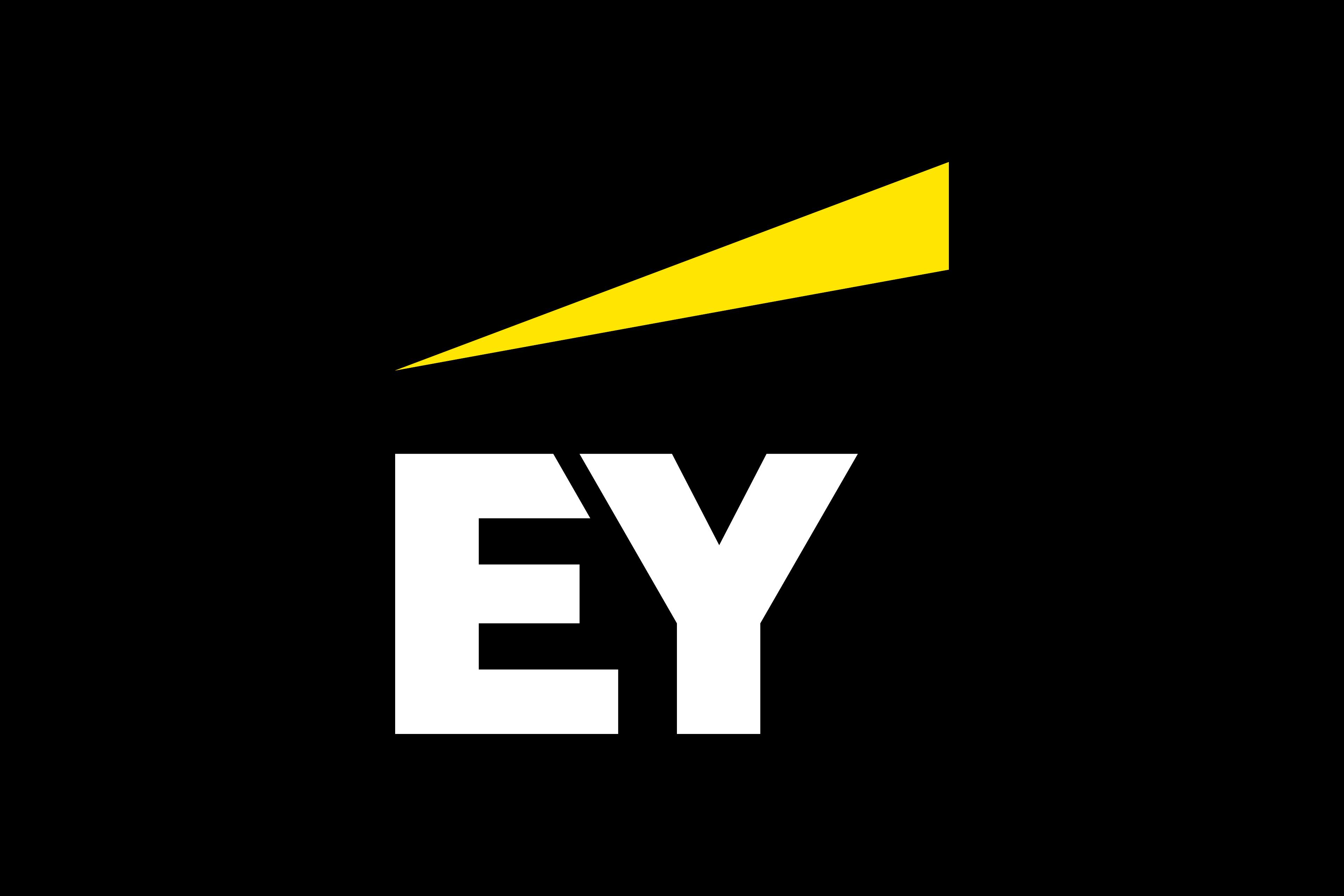EY refers to the global organization, and may refer to one or more, of the member firms of Ernst & Young Global Limited, each of which is a separate legal entity. Ernst & Young Global Limited, a UK company limited by guarantee, does not provide services to clients.

The supply of tolling services within the same group does not constitute a fixed establishment for the principal.
In brief:
- The ECJ has clarified in further detail requirements for a fixed establishment in connection with tolling services for group entities.
- Facilities exclusively used to provide tolling services for another group entity cannot result in a fixed establishment for the service receiver.
On 29 June 2023, the European Court of Justice (ECJ) released its judgement regarding Cabot Plastics Belgium SA (C-232/22) about whether a supplier of toll manufacturing services within the same group could constitute a fixed establishment for its service receiver.
In cases of supply of services, the place of supply is decisive to determine where the VAT is due. In cross-border cases, this question becomes even more relevant to assess in which country the VAT must be paid.
In connection with supply of services, the question of the existence of a fixed establishment in another member state has led to a lot of uncertainty. In cases where tax authorities have found the criteria for a fixed establishment to be fulfilled, VAT has been claimed on the service in question. On previous occasions, the ECJ has in several cases of different scenarios denied the existence of a fixed establishment. It is important for companies to be able to understand the requirements and the conditions for a fixed establishment to determine the place of supply of services correctly. Therefore, this case law should be viewed positively as it further specifies occasions where the existence of a fixed establishment has been denied by the ECJ.
The case Cabot Plastics Belgium SA
Cabot Switzerland GMBH (Cabot CH) and Cabot Plastics Belgium SA (Cabot BE) belong to the same group but are legally independent. They entered into a tolling agreement, where Cabot BE is using exclusively their own equipment to process raw material into products for plastic manufacturing, for the benefit and under the direction of Cabot CH. This service constitutes almost all of Cabot BE's turnover. Cabot Plastics BE stores the raw materials on its premises, until the goods will be sold by Cabot CH to customers in Belgium, the EU, or are exported outside of the EU. Cabot BE also provided a number of additional services to Cabot CH as technical checks, administrative support, and operational tasks in accordance with the agreement.
Cabot BE invoiced Cabot CH for their services without Belgium VAT, as according to the reverse charge mechanism the place of the supply of service is where Cabot CH has established its business, in Switzerland.
The Belgium Tax authorities, however, found that Cabot CH fulfills the requirements of having a fixed establishment in Belgium due to sufficient structure in terms of human and technical resources provided by Cabot BE of which Cabot CH can freely possess according to the agreement. Even though the resources are owned by Cabot BE, based on the agreement, they are exclusively used for the benefit of Cabot CH and under their direction.
Question to the ECJ regarding the existence of a fixed establishment
The ECJ needed to decide whether a service provider, which is part of the same group, could constitute a fixed establishment for its principal when the equipment and staff belong to the service provider but are exclusively used for the benefit of the service receiver. Moreover, it was questioned what influence the fact has that the ancillary or tolling services contribute to the completion of a sale for the principal?
Decision of the ECJ – No fixed establishment if …
The ECJ repeated its former judgement made in the case Berlin Chemie (C-333/20) in 2022, where the question whether a fixed establishment exists cannot solely depend on the legal status of the company; this is also the case if the companies belong to the same group.
Moreover, the ECJ clarified that the necessary sufficient structure cannot exist only occasionally (ref. Berlin Chemie). Ownership of resources is not a requirement, but the company must have the right to dispose of the human and technical resources as if they were the owner. Therefore, specifically the contract conditions are decisive (i.e., no short termination note).
The exclusiveness component provided by contract cannot mean that the equipment of the service provider becomes automatically the one of their client. The supplier still remains responsible for their resources and bears the risk of the equipment.
With reference to its former judgement Berlin Chemie, the court held that the same resources cannot simultaneously be used to provide and receive the same service.
Lastly, the ECJ stated that the fact that ancillary services facilitate the recipient to perform sales has no influence on the question of the existence of a fixed establishment.
Contacts
In case you wish to discuss this topic in more detail, please feel free to reach out to us: Jessica Kressin, tel. +45 2529 5981 and Heidi Lundsgaard, tel. +45 2529 4048
Summary
As in previous instances, the ECJ has denied the existence of a fixed establishment, even if the service provider is contracted to provide exclusive tolling, ancillary and additional services which facilitate the service receiver to do its business in the member state. The decision is in line with the prior judgement of the ECJ in the case of Berlin Chemie and should provide more legal certainty regarding the risks of potential existence of a fixed establishment in further instances. Attention should be paid when making contractual agreements to avoid the constitution of a fixed establishment.



